Miserando atque eligendo: The Legacy of Mercy in the Church
A reflection on the pontificate of Pope Francis and the call to a new beginning from the heart of the Gospel
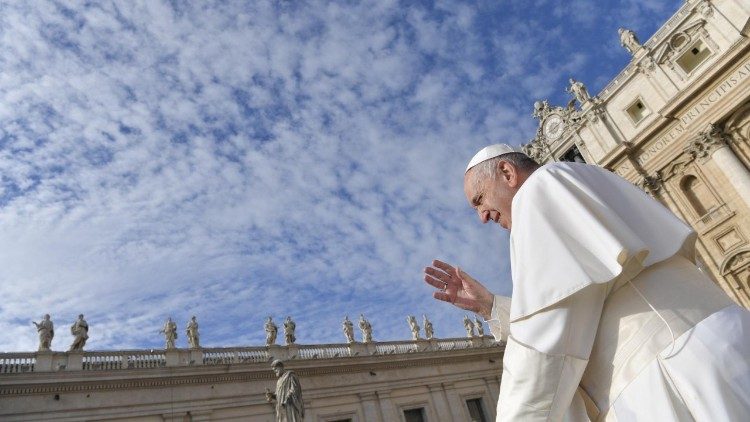
During Easter, we celebrate the Resurrection of Jesus Christ, an event that changed the course of history. In the days between the Resurrection and the Ascension, Jesus appeared to his disciples to confirm that he had conquered death. His glorious body, bearing wounds yet free from the limits of space and time, inaugurated a new life that we too hope to realize one day.
From those earliest moments, God’s “entrepreneurial model” has not followed the criteria of human efficiency: it has been a relationship between people, bringing the Gospel, the “Good News,” to every corner of the world through witnesses. In contrast with ancient religions that presented mythical deities or impersonal powers, Christianity brought a revolutionary message: behind the laws of nature, there is a Creator who has a mind and a heart, who is love, and who became man to save us.
Over the centuries, the Christian faith has given rise to customs, cultures, liturgical and legal structures. However, it has also gone through profound crises, especially starting from the fifteenth century, when a “spiritual adolescence” – marked by rebellion and self-sufficiency – gave way to secularization. This evolution has known three great phases: political confrontation, cultural hedonism, and finally, a relativism that has emptied traditional values of meaning.
Today, faced with this situation, the Church has three possible paths before it: to assimilate into the secularized world, to engage in a cultural battle based on its traditions, or to recover the pure core of the faith to announce it anew, as it did the first time. The Holy Spirit, through Pope Francis, has guided us towards this third way.
The pontificate of Francis has been characterized precisely by its insistence on mercy, not as superficial sentimentality, but as the very heart of the Gospel. The mercy of Christ embraces all people and the whole person: body and soul, dignity and eternal life. The Pope’s gestures, from his first visit to a prison to wash the feet of inmates, to his embrace of the marginalized, the sick, and migrants, have been a living reflection of this boundless Christian charity.
This is not about being soft or showing doctrinal weakness. It is about returning to the core of the faith: the unconditional love of God for each of us. Francis has reminded us, with words and deeds, that the Church is a field hospital, called to welcome, heal, and accompany, not to condemn.
His legacy is reflected not only in encyclicals such as Laudato si’, Fratelli tutti, or his latest great encyclical on the Sacred Heart, C’est la confiance, but also in the profound spiritual reform that promotes a Church that goes forth, guided by the Holy Spirit, capable of listening and of offering faith as good news for a world that has forgotten its thirst for God.
Today, at the end of his pontificate, we entrust the future of the Church to the intercession of Saint Joseph, Saint John Paul II, and Mary, so that the next Pope, elected “by showing mercy and by choosing,” may be a man after Christ’s own heart, capable of guiding the Church towards a new springtime of faith and mercy.
Related
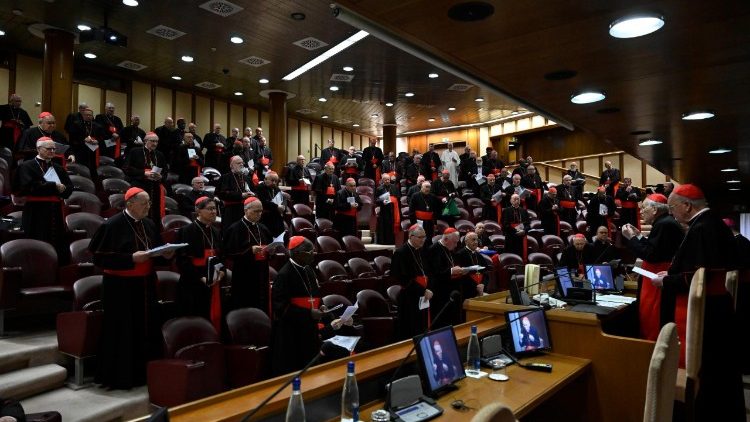
What are the Congregations before the Conclave?
Exaudi Staff
29 April, 2025
3 min
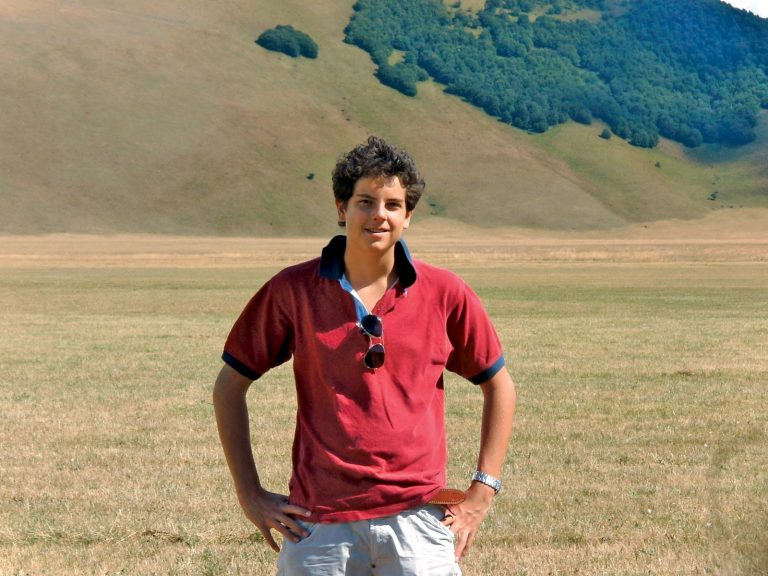
Carlo Acutis: The Cyber-Apostle of the Eucharist Who Inspires Youth
Exaudi Staff
29 April, 2025
4 min
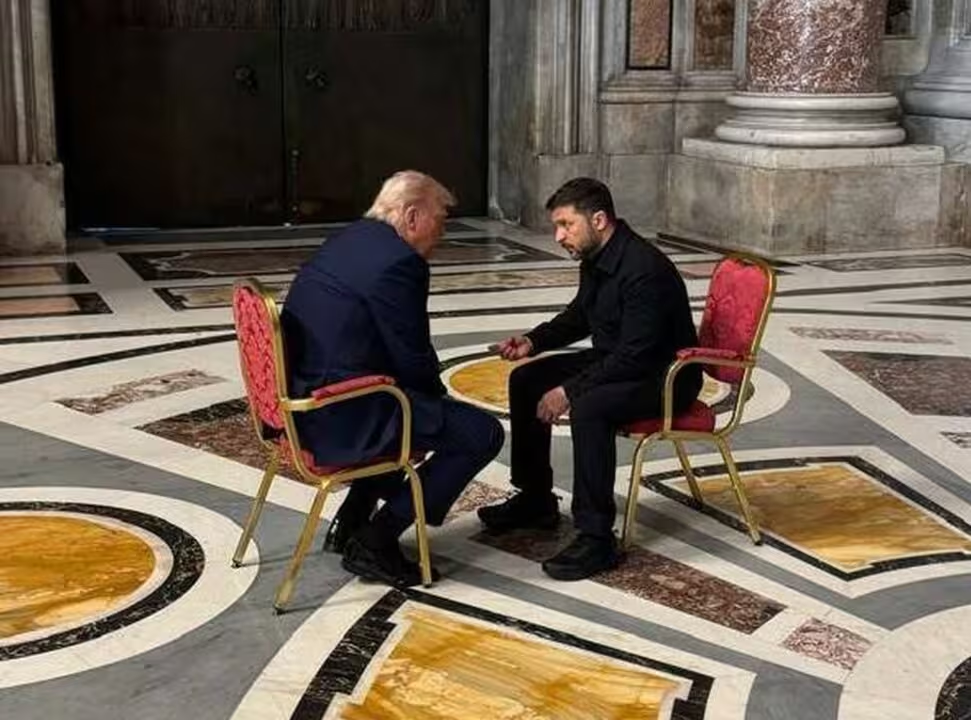
A Meeting of Hope in St. Peter’s Basilica: Trump and Zelensky
Exaudi Staff
27 April, 2025
2 min
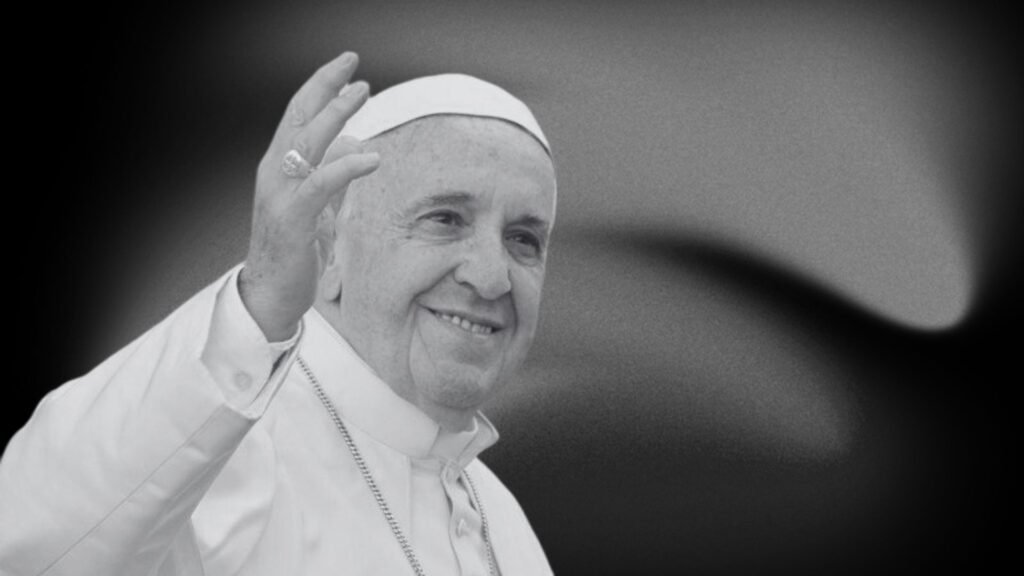
Saying Goodbye to Francis
Exaudi Staff
26 April, 2025
2 min
 (EN)
(EN)
 (ES)
(ES)
 (IT)
(IT)

